The Ultimate Guide to Boat Antennas: Types, Problems, and Solutions for Better Reception
When you’re out on the water, whether it’s for a weekend getaway or an extended voyage, one of the best parts of boating is the sense of freedom. The sea breeze, waves, the open horizon, it’s all a part of the experience. But let’s face it, there are times when you want to catch up on the news, enjoy some music, or tune in to your favorite radio station while you cruise. That’s where a reliable boat antenna comes in.
Choosing the right boat antenna can be tricky. And let’s not even start on the headaches of reception problems when you’re out on the water! But don’t worry, we’ve got you covered. This guide will walk you through the different types of boat antennas, common reception problems, and practical solutions that can help you enjoy clearer signals while out on your boat.
Why Boat Antennas Matter: The Importance of Reception
Let’s begin by talking about why you should care about having the right boat antenna in the first place. When you’re at sea, especially in remote areas, having access to radio signals, satellite connections, or navigation systems can be crucial. Whether you’re looking for weather updates, enjoying a podcast, or following a GPS system, antennas are your lifeline to communication and entertainment on the water.
The issue with boat antennas, however, is that not all are created equal. If you're looking to buy boat antenna solutions, it's important to understand the different types available and what issues you may face with them. Proper antenna choice can improve your overall boating experience, making sure you stay connected and entertained.
Types of Boat Antennas: Finding the Best Fit for Your Needs
Before you start experiencing issues with reception, it’s helpful to know the different types of boat antennas out there. Whether you’re cruising the coast or fishing off the grid, choosing the right antenna is the first step toward clear reception.
1. VHF Marine Antennas
A VHF (Very High Frequency) antenna is essential for boaters who rely on communication with other vessels, marinas, and coastal stations. These antennas are used for radio communications, making them a must-have for both safety and convenience.
-
Whip Antennas: These are the classic, tall, flexible antennas you often see on boats. They are great for receiving strong signals over a large area and work well for most boating situations.
-
Fixed Antennas: Fixed antennas are mounted on the boat’s mast or cabin and are often used for more permanent installations. They can provide better reception over long distances, especially when paired with a quality marine VHF radio.
Common Problem: The most common issue with VHF antennas is poor reception, especially when you're in areas with a lot of interference or obstructions (like large buildings or nearby hills). To ensure optimal performance, make sure your antenna is installed at the highest point of your boat to avoid obstructions.
Solution: If you're looking to buy boat antenna solutions for better VHF reception, consider upgrading to a higher-quality whip antenna or a more powerful fixed antenna. Additionally, make sure the antenna is properly tuned and mounted for best performance.
2. AM/FM Radio Antennas
The classic AM/FM radio antenna is a favorite for boaters who love listening to the radio while cruising. These antennas are usually shorter than VHF antennas and are designed to pick up terrestrial radio signals.
Common Problem: A common issue with AM/FM antennas is that reception can be spotty, especially if you're cruising in areas with poor signal coverage, like remote coastlines or offshore waters. Poor placement of the antenna can also lead to weak reception.
Solution: A quick fix is to position your radio antenna away from other electronic equipment, which can cause interference. Additionally, switching to a longer antenna can help boost reception. If you’re looking for an upgrade, you might want to buy boat antenna systems that feature a built-in amplifier for improved reception.
3. Satellite Antennas
For boaters who want reliable communication and entertainment no matter where they are, satellite antennas are the way to go. These antennas are ideal for receiving signals from satellite radio services (like SiriusXM), GPS signals, and satellite internet.
Common Problem: Satellite antennas often require a direct line of sight to the sky, meaning that they can be easily affected by obstructions like tall masts, buildings, or even heavy weather conditions. If your satellite antenna is not working properly, it could be because the antenna’s view of the sky is blocked.
Solution: If you find yourself experiencing poor satellite reception, make sure the antenna is installed where there is no obstruction. You may also want to check that your antenna is properly aligned. Upgrading to a newer model with enhanced tracking features can also help maintain a stable signal while on the move.
4. TV Antennas
Many boaters enjoy having access to their favorite shows while out at sea. If you’re one of them, then a TV antenna is a must-have for your boat. TV antennas work similarly to AM/FM antennas, but they’re designed specifically to pick up terrestrial TV signals.
Common Problem: The most common issue with TV antennas is poor signal quality when cruising in areas with weak broadcast towers or in remote locations. It's also possible that the antenna might not be positioned properly for the best signal.
Solution: Try experimenting with different antenna positions to see which spot provides the best reception. If you’re in an area with weak reception, consider upgrading to a more powerful, directional antenna. You could also opt for a buy boat antenna system designed to automatically adjust to optimize signal reception.
Common Reception Problems and How to Fix Them
Now that we've gone over the different types of antennas, let’s take a closer look at some of the most common reception problems boaters experience and how to solve them.
1. Interference from Other Electronics
One of the biggest culprits of poor antenna reception is interference from other electronics on your boat. Things like GPS units, radios, and even the engine itself can cause electromagnetic interference that affects the signal quality.
Solution: To minimize interference, make sure that your antenna is installed at a distance from other electronic equipment. Additionally, grounding your equipment properly can help reduce the effects of interference.
2. Antenna Placement
Where you place your antenna can have a huge impact on its reception. For example, if you're using a VHF antenna, placing it too low on your boat (like near the deck or cabin) can lead to poor reception. Similarly, a satellite antenna will struggle to receive signals if it's blocked by the boat’s mast or other structures.
Solution: Install your antenna at the highest point of your boat to avoid obstructions and ensure optimal signal reception. For satellite antennas, make sure there’s a clear line of sight to the sky.
3. Corrosion or Physical Damage
Like any other piece of boating equipment, antennas are susceptible to wear and tear, especially from exposure to salty water, harsh weather, and constant movement. Over time, corrosion or physical damage can cause your antenna to lose signal strength or stop working altogether.
Solution: Regularly inspect your antenna for signs of corrosion or damage. Cleaning your antenna and ensuring it’s properly maintained can extend its life. If the antenna is beyond repair, it might be time to buy boat antenna replacement parts.
4. Poor Connection or Wiring Issues
Loose or damaged wiring is another common problem that can cause weak reception. A loose connection or frayed cable can result in intermittent or no signal at all.
Solution: Check all your connections to make sure they’re secure. If the wiring is old or damaged, consider replacing it with newer, high-quality cables to ensure better signal transmission.
Final Thoughts: Getting the Best Boat Antenna for Your Needs
Choosing the right boat antenna can make a huge difference in your boating experience. From staying connected with VHF communication to enjoying your favorite tunes or catching a live broadcast, having clear reception is crucial for safety, entertainment, and navigation.
When you’re ready to buy boat antenna products, make sure to consider the type of antenna that best suits your needs. Whether you need a VHF antenna for communication, a satellite antenna for internet, or a TV antenna for entertainment, the right choice will make your time on the water more enjoyable.
When it comes to boat antennas, placement, maintenance, and the right selection are key to solving reception issues. With the tips in this guide, you’ll be well on your way to crystal-clear reception during all your boating adventures.
Next time you’re shopping for boating gear, take a moment to buy boat antenna solutions that will enhance your on-the-water experience. Happy sailing, and may your reception always be strong! Buy a boat antenna at CycloneSale.com now and fix your reception issues today!


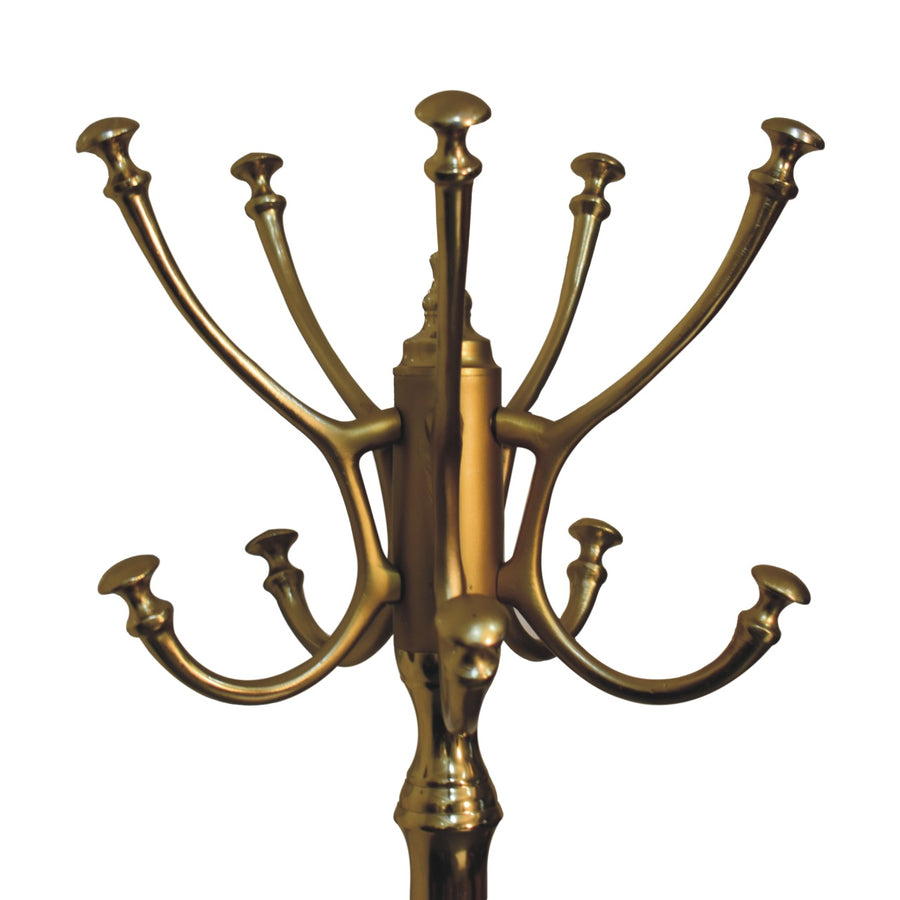
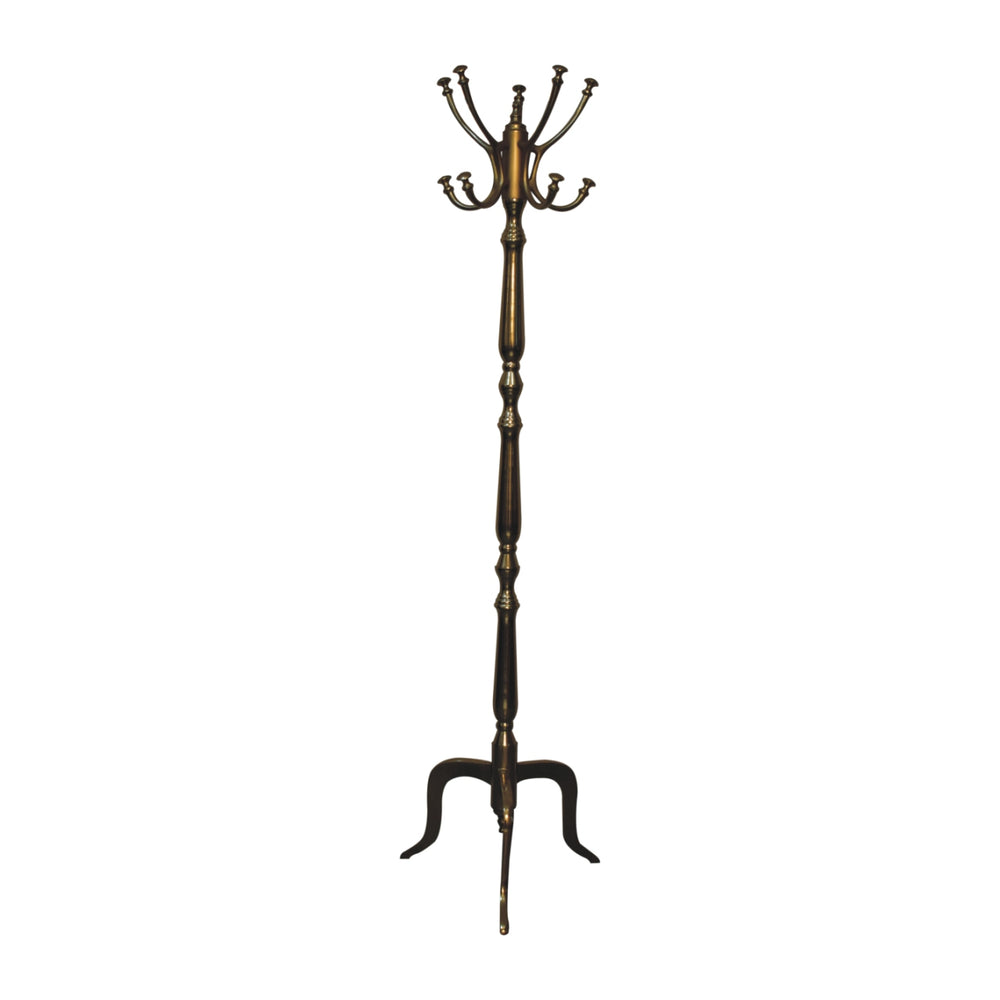

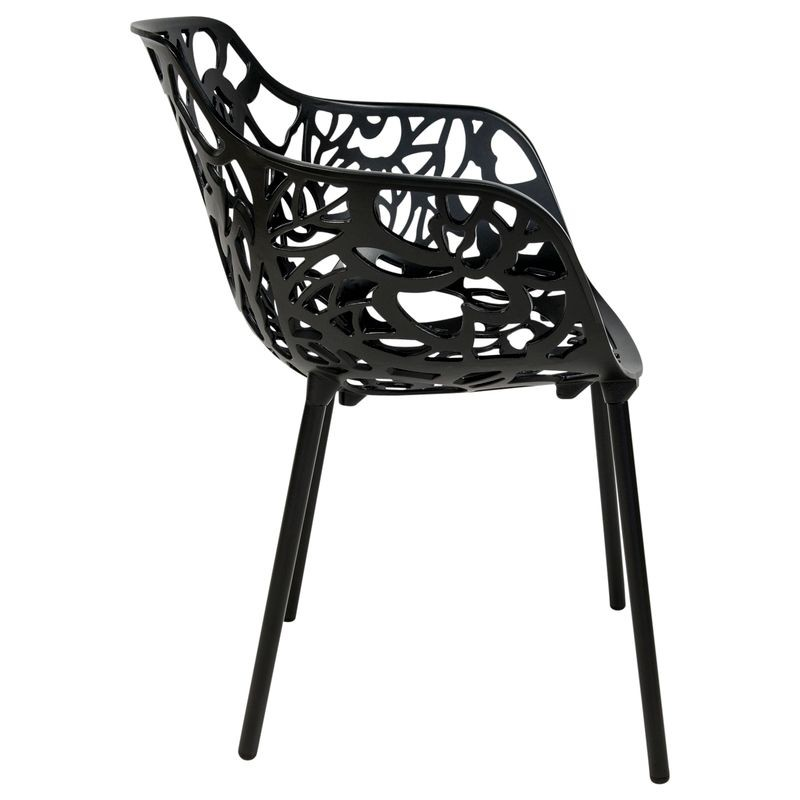
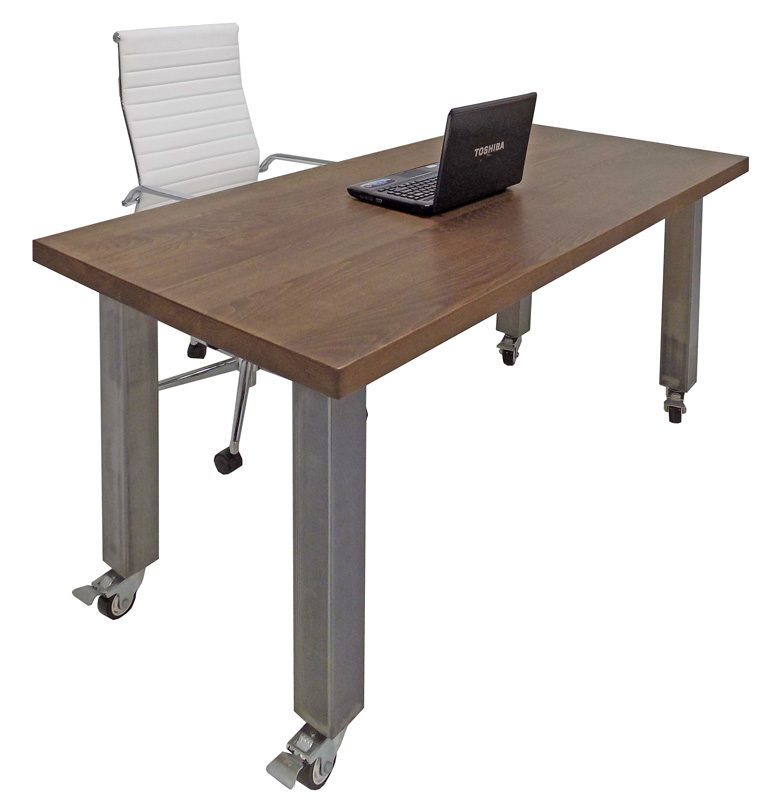
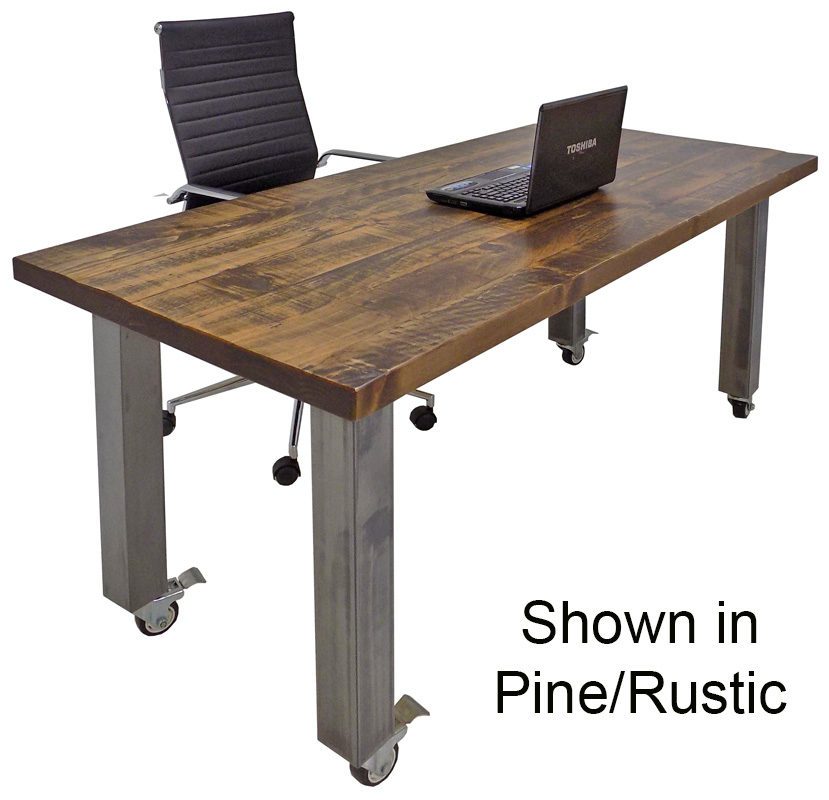

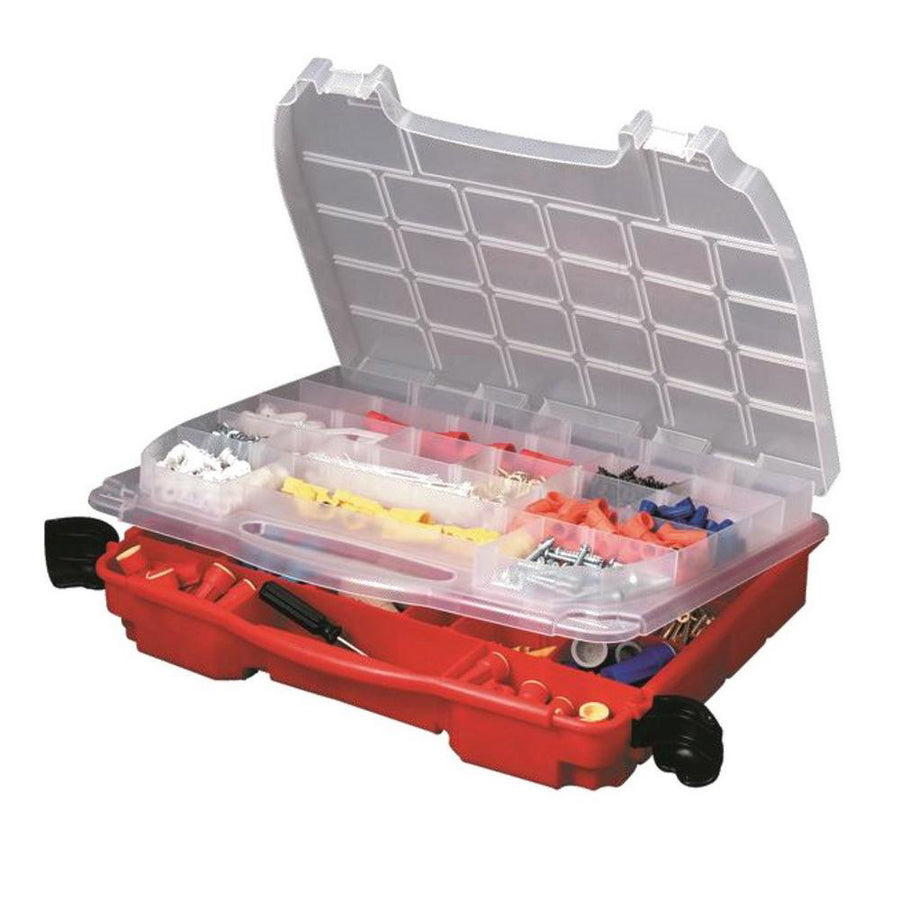
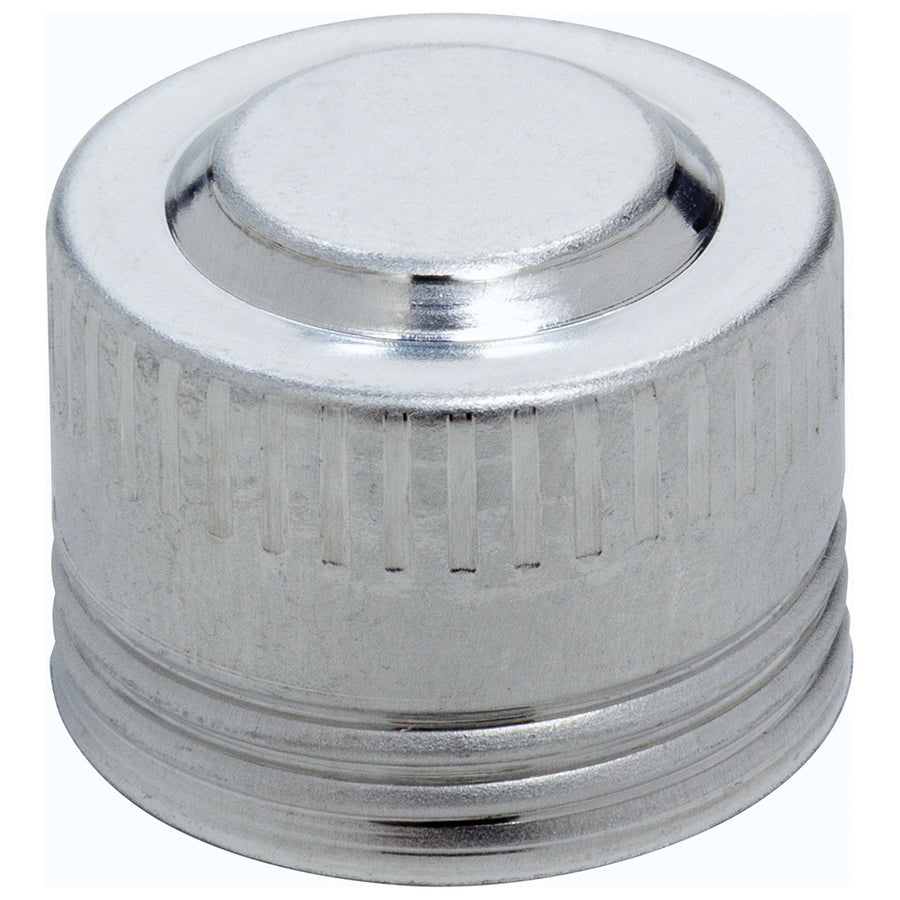
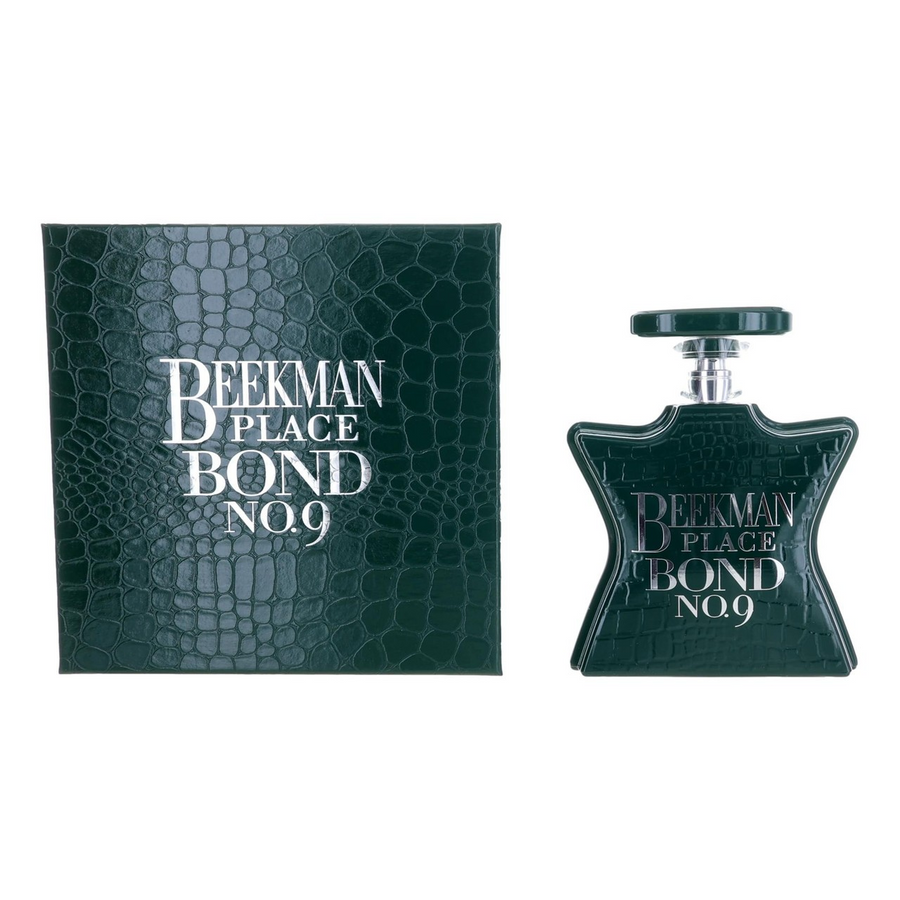

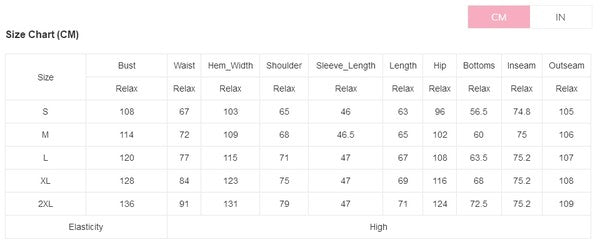







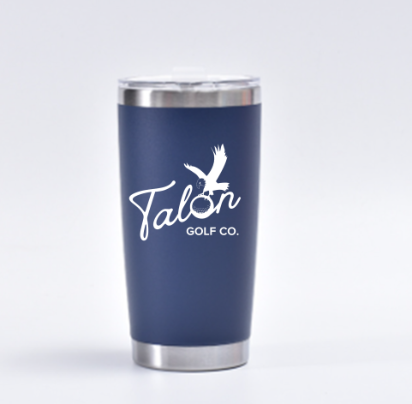



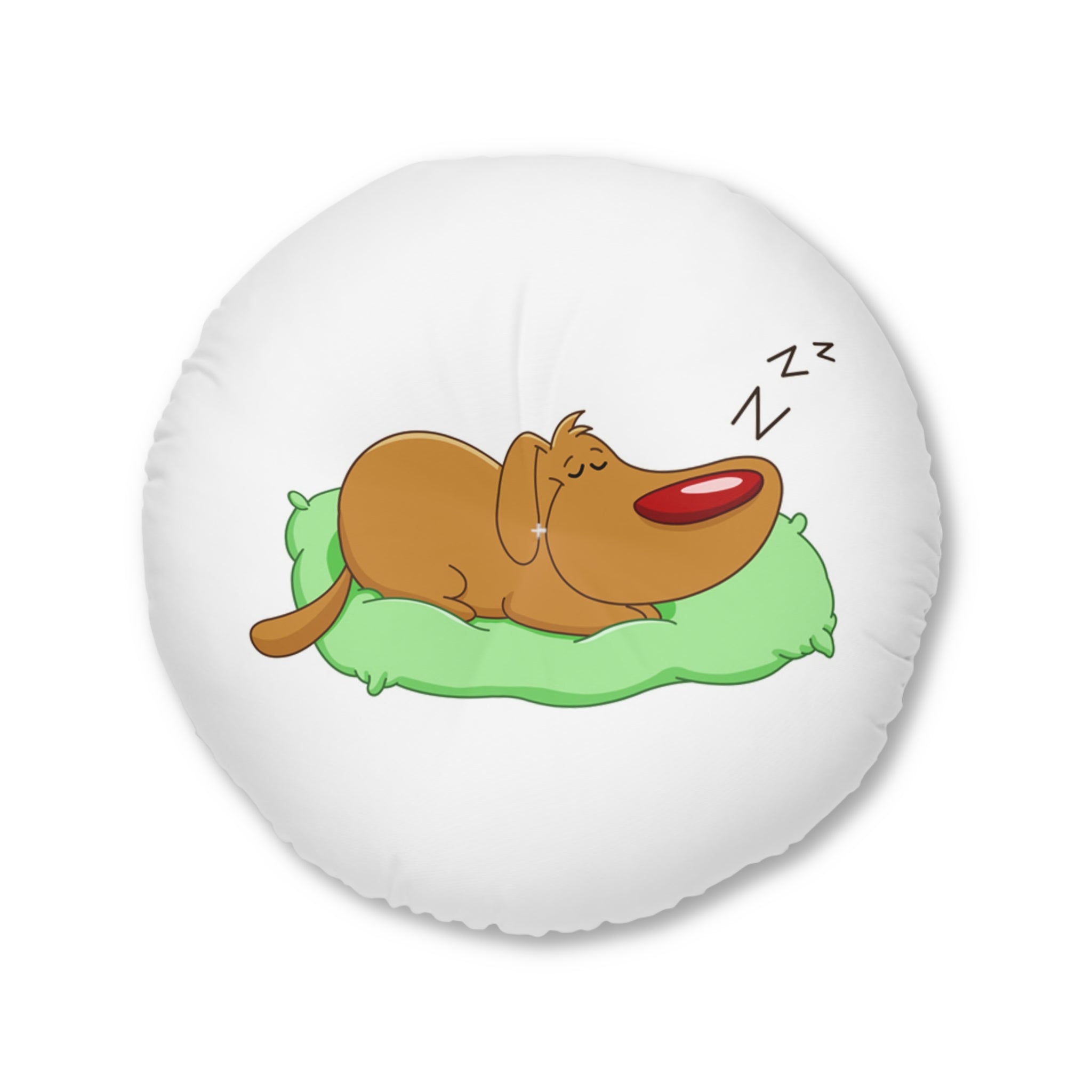


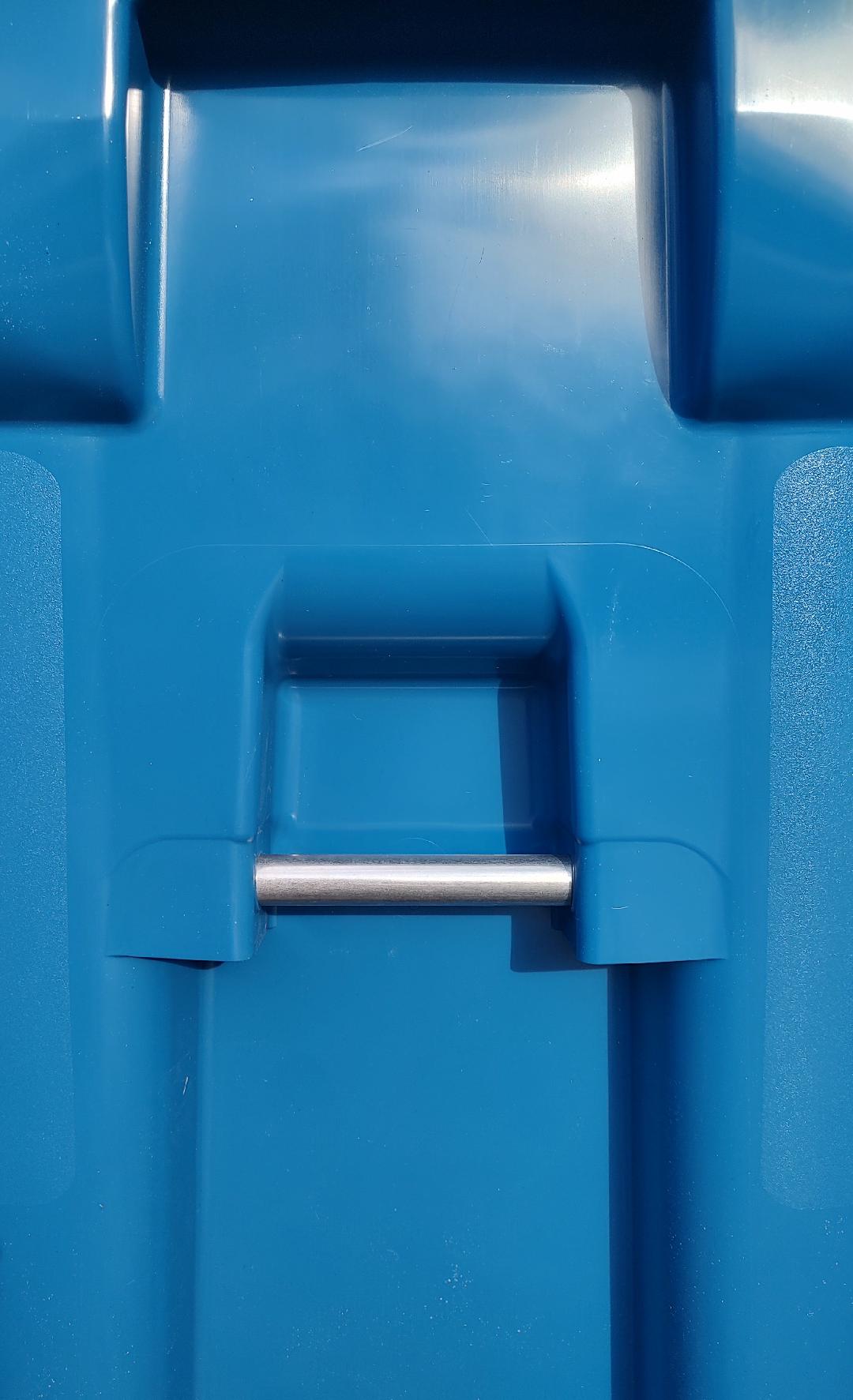





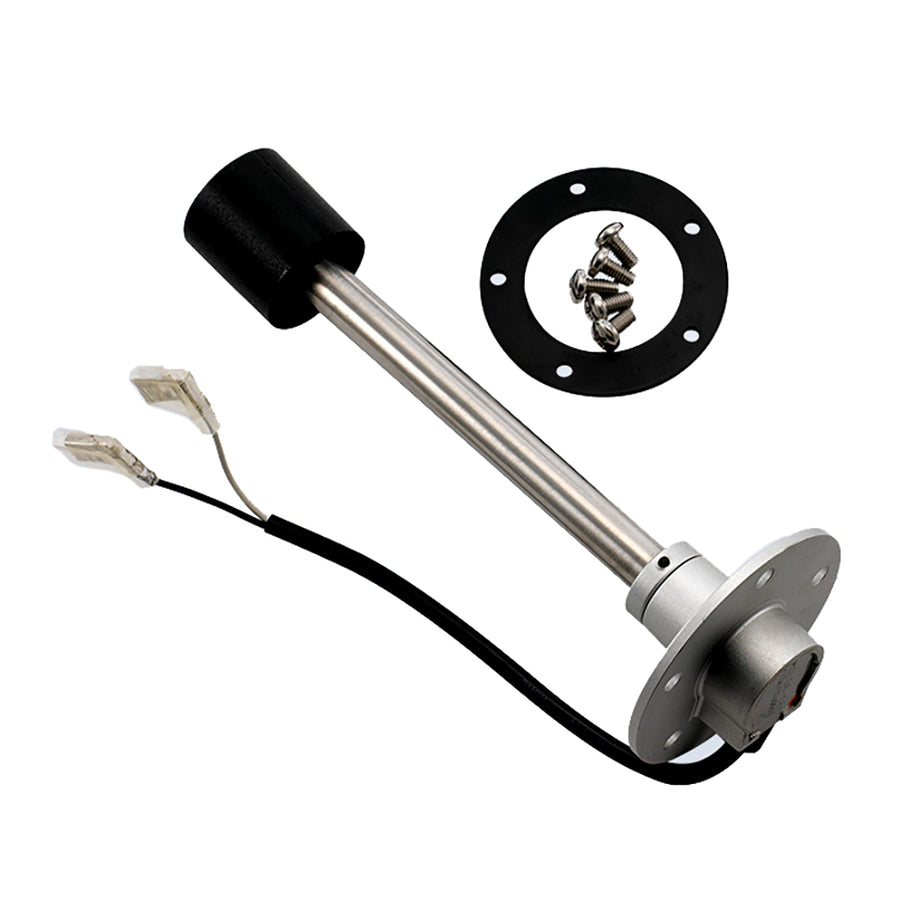

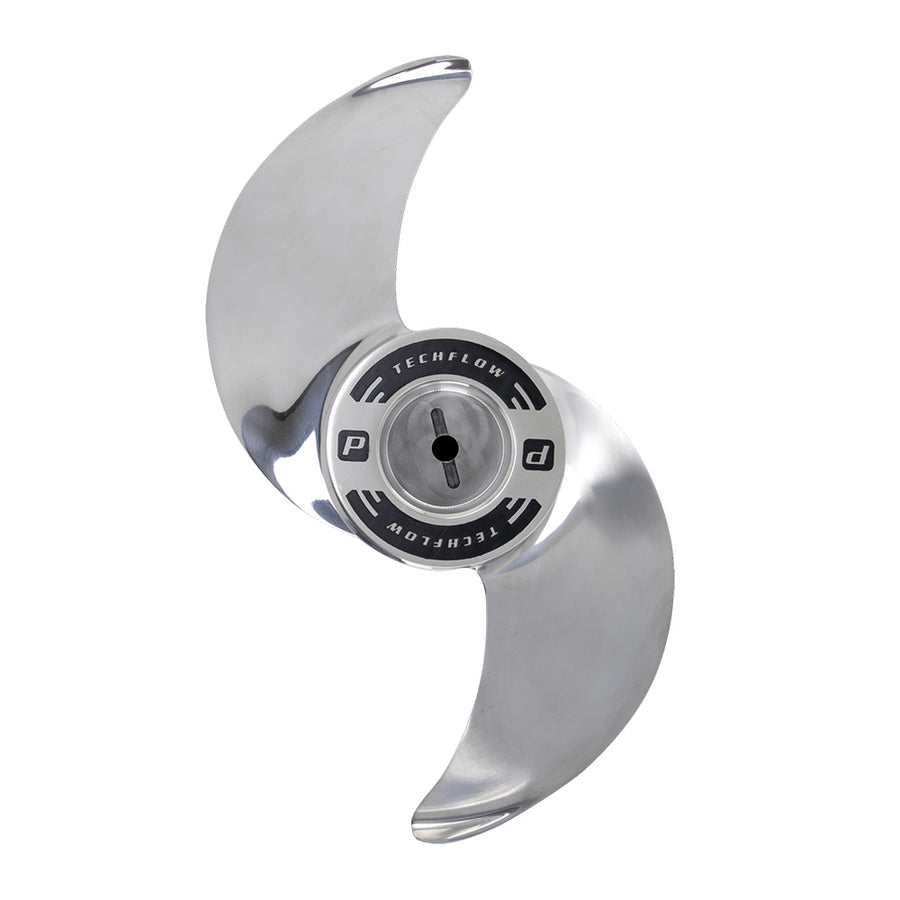
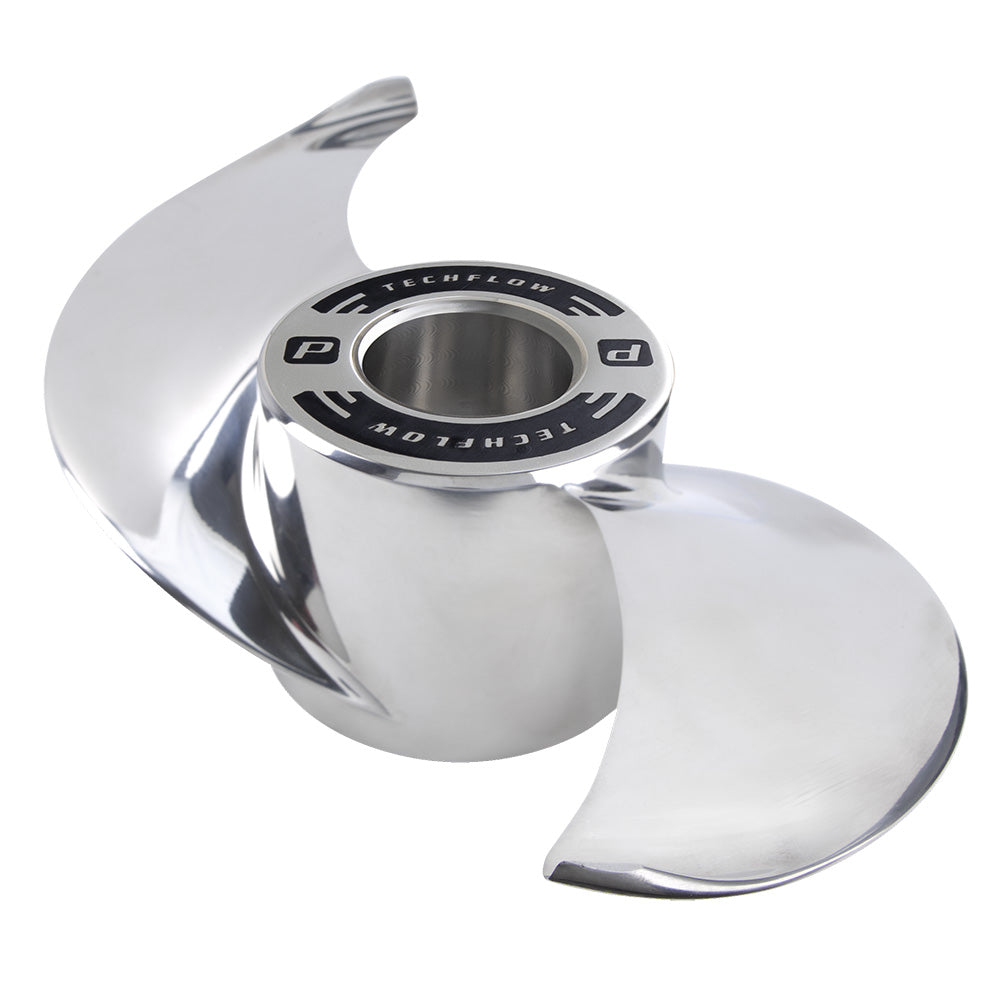









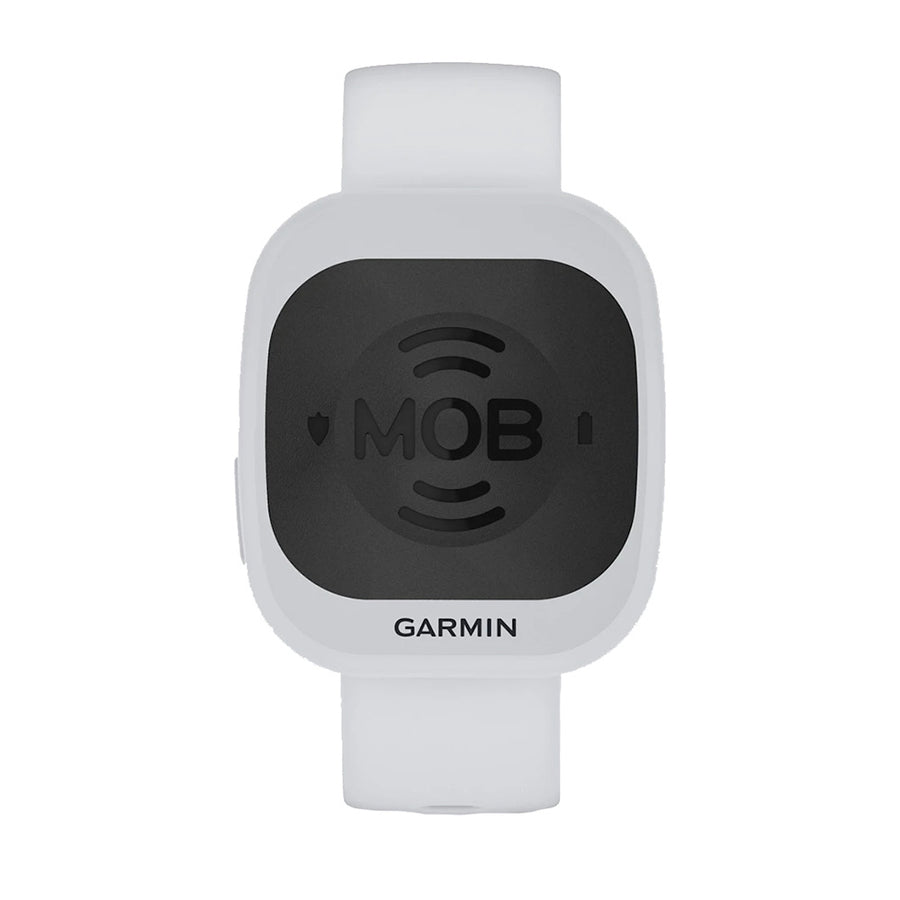
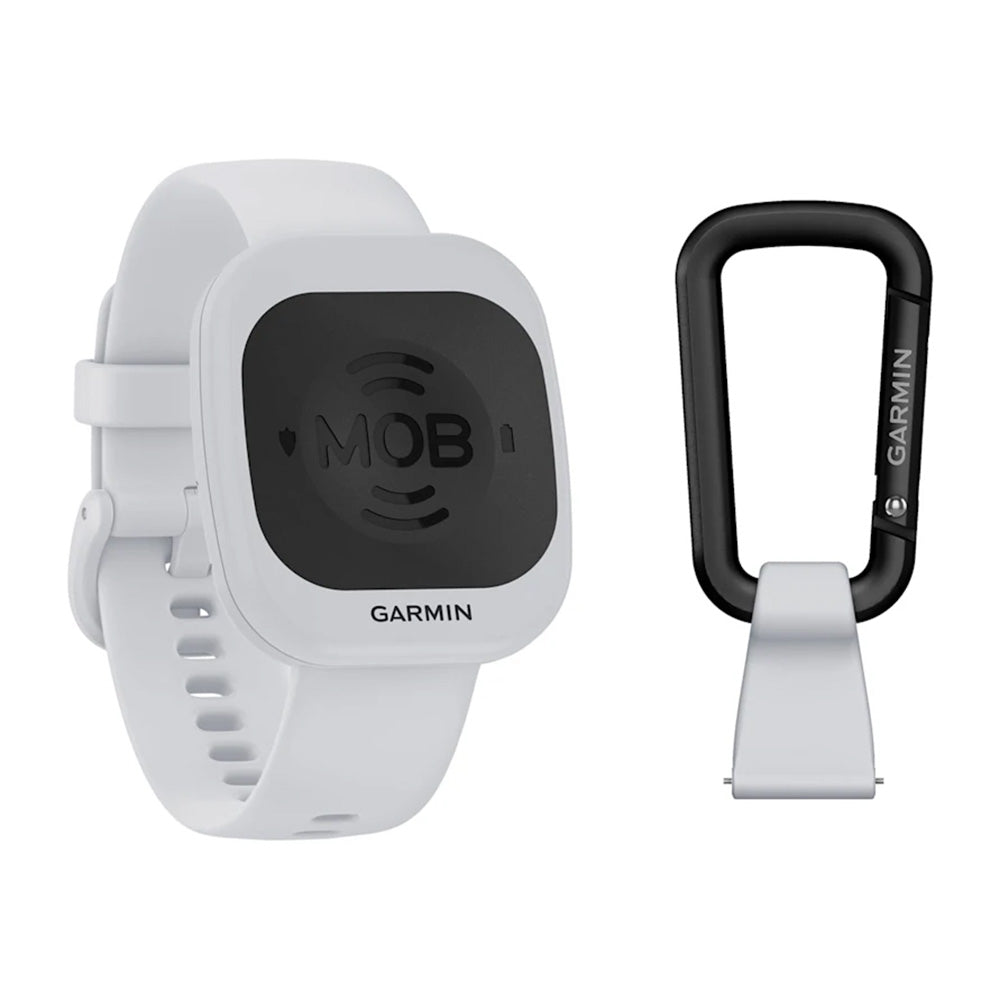




Leave a comment